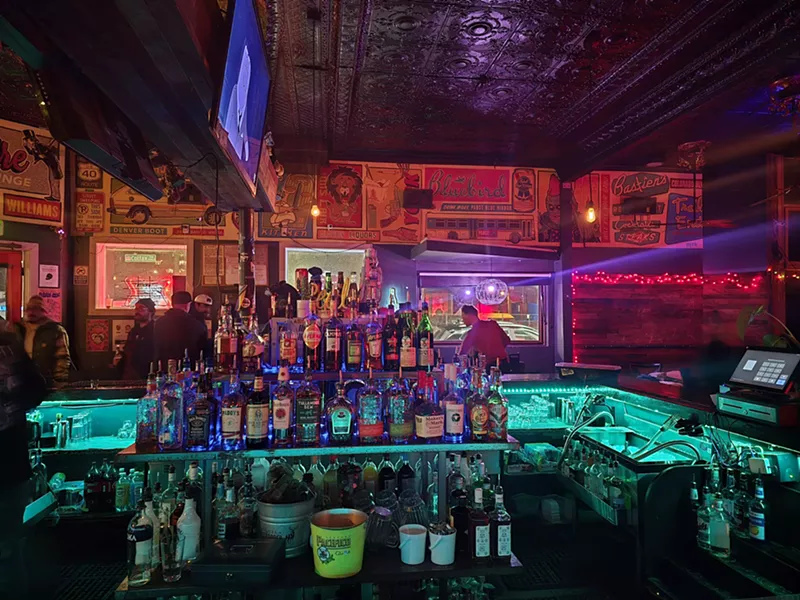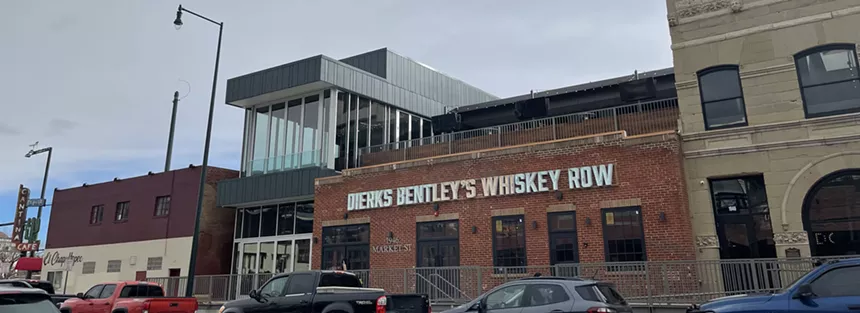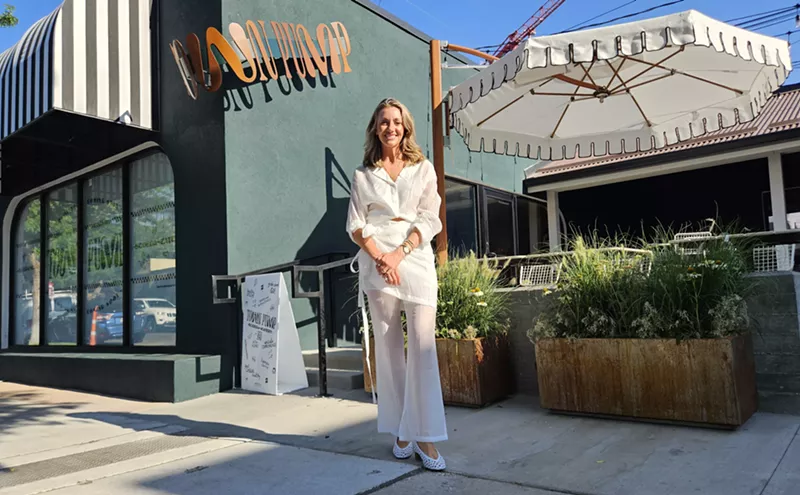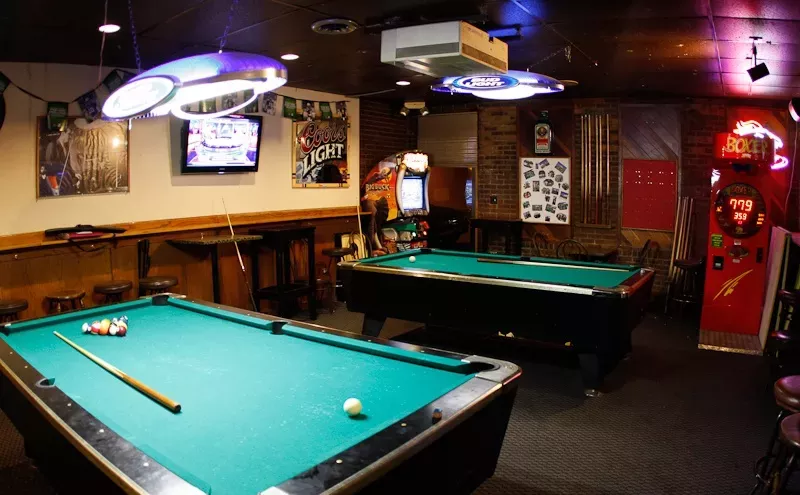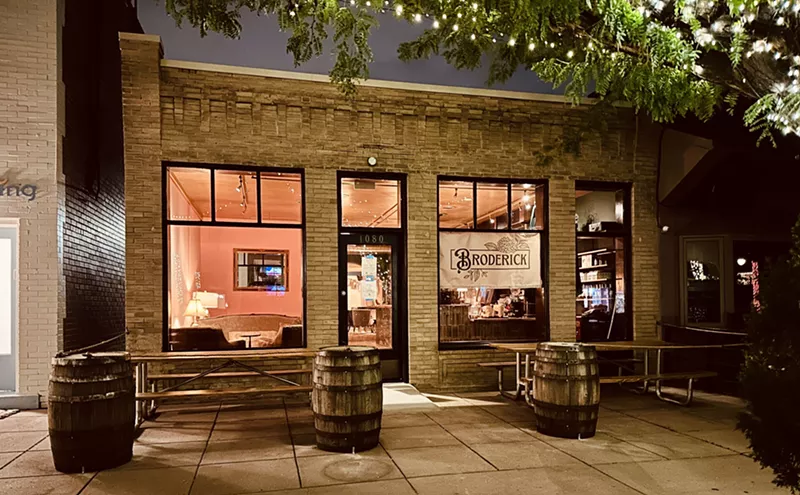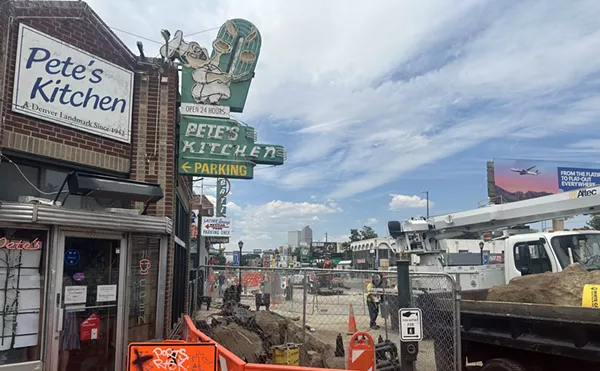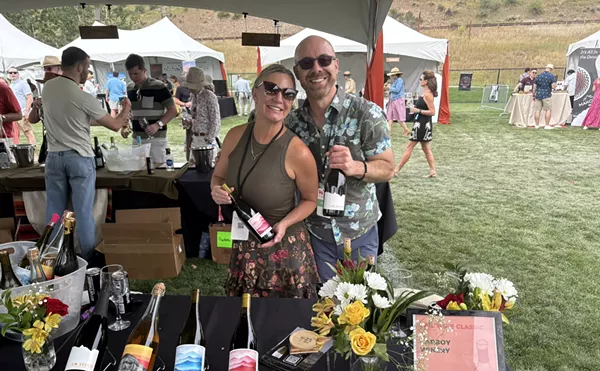Despite arguments that staggered closing times could ease late-night congestion, the bill’s sponsors couldn’t get key opposition groups — law enforcement, safety advocates, and even bar owners — to engage in negotiations. Without their buy-in, it became clear the votes simply weren’t there, forcing lawmakers to pull the bill before it could even be voted on. For now, Colorado’s 2 a.m. closing time remains firmly in place, with yet another attempt at changing the state’s nightlife laws left on the cutting room floor.
The History
HB25-1237 is just one more attempt in a long string of bills attempting to relax Colorado’s bar closing time. In 2022, HB22-1142 proposed an extended service hours permit, allowing sales as late as 4 a.m., but it was postponed indefinitely by the House Business Affairs & Labor Committee. A similar effort in 2017, HB17-1123, sought to give local governments control over bar hours. It passed the House with a vote of 38-27 but was then postponed indefinitely in the Senate. An earlier attempt in 2014 to extend hours to 4:30 a.m. was killed by its own sponsor in the House after it was apparent she didn’t have the votes to pass it.Arguments Against Extended Bar Hours
Opponents argue the bill would exacerbate Colorado’s rising impaired driving crisis, pointing to the fact that recent years have broken annual fatality death records, with 227 lives taken by impaired drivers in 2023. “With more deaths and injuries on our roads and fewer law enforcement officers across our state, this bill is a risk that Colorado can't afford to take,” says Rebecca Green, MADD Colorado Executive Director. “Clearly a lot of people recognize how dangerous this change could be.”Even some bar owners opposed the bill, citing concerns about staff working until 5 a.m. and a lack of financial benefits. In MADD’s press release, it references a 2018 cost-benefit analysis that found that moving 20 percent of bar closing hours to 4 a.m. would cost the public $1.066 billion over five years. “While there’s a belief that keeping bars open an extra hour would generate more revenue, this has never been the case. If bars are open later, our customers will come out later so they can stay out later,” says Isaac Leon, managing partner of The Front Porch. “Every year when daylight savings time ends in November (fall back), each bar is given an extra hour. I have run my bars for over twenty years. Not once have we ever generated additional revenue.”
Arguments For Extended Bar Hours
The sponsors of the bill turned the public safety argument back onto the opposition, insisting that maintaining a strict 2 a.m. last call does more harm than good. “If either one of us thought this increased drunk driving, we would not support this policy,” testified Representative Javier Mabrey, who sponsored the proposal along with Representative William Lindstedt. “I actually spend a lot of time downtown and the rush when bars close in downtown Denver at two in the morning, every bar closing at the same time, does create problems…and that rush out of the bars creates public safety concerns in my community.”Proponents argued that a soft closing period until 3 a.m. would allow patrons to leave more gradually, easing the surge in demand for rideshares, taxis and public transportation, and ultimately reducing street congestion and late-night altercations. They pointed to cities like New Orleans and Las Vegas, where extended or flexible bar hours haven’t resulted in spikes in DUIs or the crime that opponents fear.
Local Control
The bill did not mandate a statewide change but instead would have allowed individual cities and counties to opt in. Local governments would have had the authority to adopt stricter rules than the bill’s framework or decline to extend hours at all, keeping the 2 a.m. last call intact in their jurisdiction.This municipal control aspect was a key argument for proponents, who framed the bill as a flexibility measure. They contended that Denver’s nightlife scene has different needs than smaller cities like Grand Junction or Fort Collins, and local governments should have the ability to make decisions based on their own safety, economic, and transportation considerations. However, opponents countered that even if only some cities extended bar hours, surrounding areas would still face increased drunk-driving risks as people traveled between jurisdictions to keep drinking.
Conclusion
Ultimately, opponents of the bill won this round — but the fight isn’t over. Facing insurmountable opposition, the sponsors chose to withdraw HB25-1237 rather than watch it fail outright. But this isn’t the last Colorado will hear of the debate over bar hours. “So I want to continue working on this. ... I’m working with Representative Lindstedt in the interim. Maybe next year will be the year. Maybe it’ll be the year after,” declared Mabrey.With lawmakers determined to revisit the issue, the battle over last call in Colorado isn't over.

